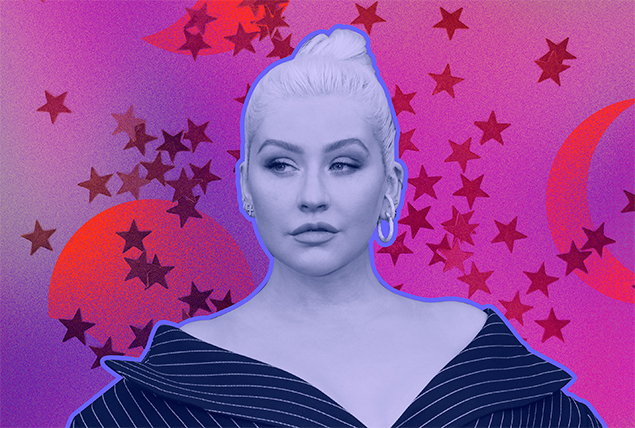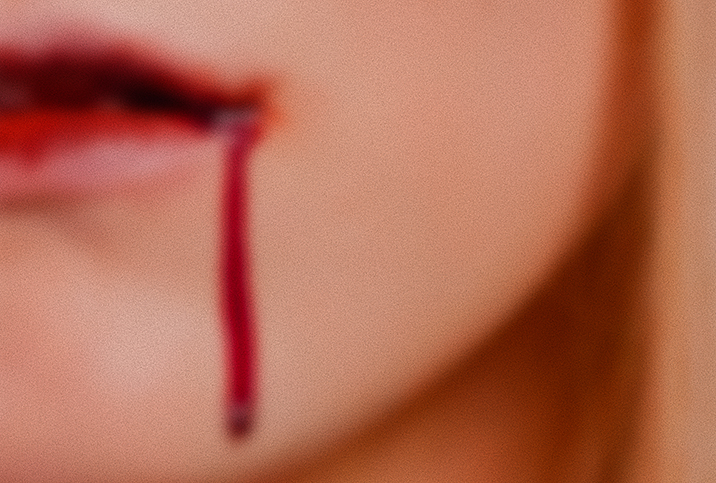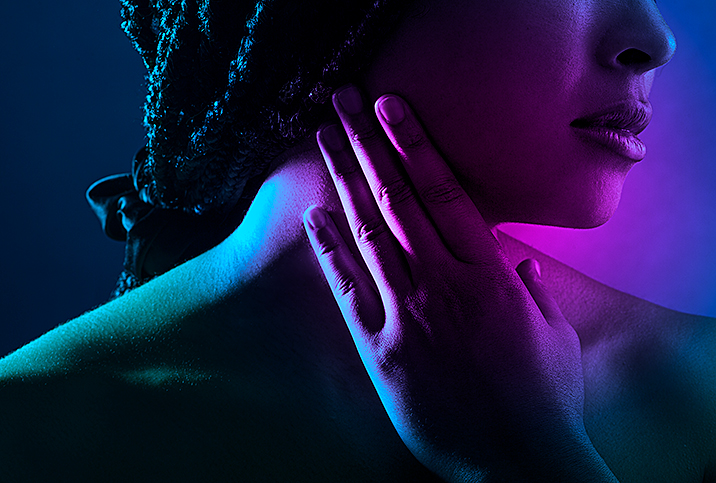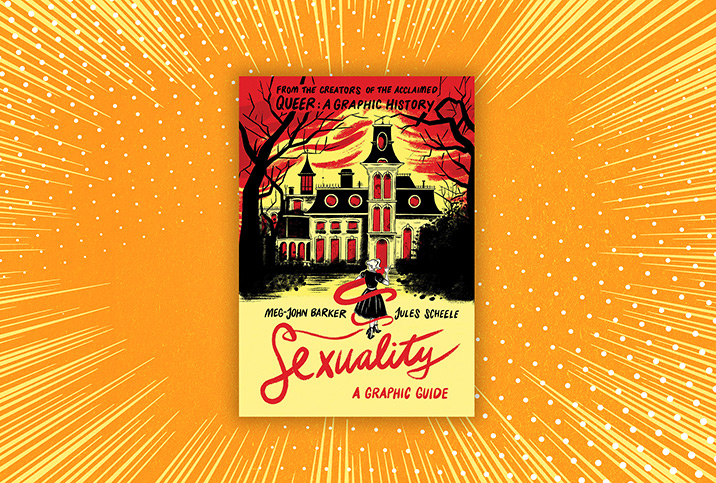Christina Aguilera Gets Candid About Oral Sex

American singer, songwriter, actor and television personality Christina Aguilera recently revealed a fondness for fellatio.
The iconic star and co-founder of the Playground Sexual Wellness lubricant line spoke openly about an array of spicy topics—including her favorite sexual positions and her first "game changer" vibrator—on the latest episode of the Spotify podcast "Call Her Daddy," hosted by Alex Cooper.
The singer held little back, speaking to the host about previous "mile-high club" experiences, getting "bent over" studio soundboards and her No. 1 sexual skill.
"Hands down, it's got to be blowjobs," Aguilera revealed. "I love a blowjob. I enjoy it. I hear some women don't like it, but I don't know, man, because it's a turn-on."
Additionally, the singer said she isn't above swallowing after oral sex and actually recommended it.
"I think there's something to be said, after you put in the hard work, I think swallowing is really a good thing," she said, with a laugh. "And it's got a lot of protein. I have to say, I'm a promoter of the swallow, OK. I didn't put in that hard work for nothing."
(Editor's note: No, ejaculate doesn't contain a lot of protein.)
Aguilera noted there's nothing shameful about human sexuality.
"It should be fun, as long as you feel good and safe with your partner, whatever your bag is," she explained.
From abuse to empowerment
Although podcasts have been around for much of this millennium, Aguilera admitted Cooper's show, which aired April 5, was her first podcast interview, adding that she appreciated the safe space to talk about intimate topics.
"I grew up in a time where it was appropriate to be inappropriate and ask crazy things," she explained.
The 42-year-old, now a mother of two, said there's little she would change about her life.
"Honestly, I wouldn't have it any other way," Aguilera told Cooper. "Had I not gone through any of these things, I wouldn't sing the way I do, I wouldn't create the way I do, I wouldn't write the way I do."
Now well into the third decade of her career, she happily recalled her early 20s as her "college years," up to when her fourth album, "Stripped," dropped in 2002. The album included top-40 hits "Dirrty," "Fighter" and "Beautiful" and was the first album where she assumed artistic control. Despite her liberating lyrics, though, there wasn't much freedom when she started out.
"Looking back, I didn't have much time to even think about anything. I was given a schedule. I was told what to do. My true opinion didn't really matter about everything. I remember being told what to wear, what the image was going to be and not feeling super-comfortable,” she said on the podcast.
She said her message of female strength and beauty was inspired by the childhood trauma she experienced while living with her abusive father, before her parents' divorce.
"I saw my mom go through so much that I think that instilled a level of purpose for me in the sense that I always want to try to empower other people and people in situations where they feel voiceless and unheard. I just have such a deep-rooted need to try to use my voice," Aguilera explained.
At least 1 in 7 children experienced child abuse or neglect in the past year in the United States, according to figures from the Centers for Disease Control and Prevention. That figure is likely an underestimate since most experts believe many cases go unreported.
Adverse long-term effects often plague victims of childhood abuse. These can include cognitive disability, anxiety, depression, psychosis, addiction disorders, obesity, cardiovascular disease and a higher rate of suicidal ideation.
"At 42, I'm still affected by this," she told Cooper. "It's under the surface. Trauma never leaves you. You just figure out ways to try to heal it. To me, it's therapeutic to speak about it."
Aguilera previously has created works that incorporate domestic violence, feminism and sexuality. While sometimes being surrounded by controversy, she has received critical praise and is often cited as an influence by other artists. She has sold almost 100 million records worldwide.
"I have to do songs that mean something to me and are valid to who I am," she said, adding she wanted to combat the stigma associated with female sexuality.


















